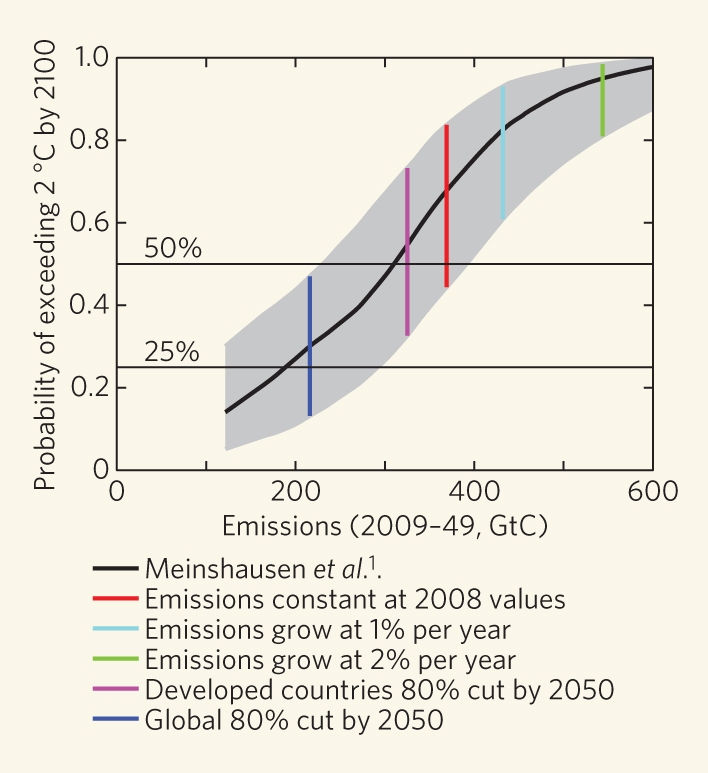
Maureen Dowd in the New York Times wrote the political obituary of John Edwards today. She didn't seem to regret it, really. You might say she relished the opportunity, since scolding men for their wayward marital ways won her a Pulitzer Prize way back in the days when she was attacking Bill Clinton relentlessly for his shenanigans with Monica. It's obviously a thing for Maureen, this all-too-common phenomenon of powerful men with a roving eye. I suppose at some point she must have written about women who cheat, but if she has I missed the column.
Anyway, Maureen's elegy over John's political grave:
John Edwards’s political career is over, and he’s being investigated by the feds about whether he used campaign funds to underwrite his affair. Nobody — except Rielle — has any interest in hearing from him again. Americans would have been relieved if the last we heard of him was that cringe-inducing “Nightline” interview last year, when he made the argument that he was a helpless narcissist and that he hit on Rielle when Elizabeth’s cancer was in remission.
Actually, Maureen should speak for herself and not all "Americans" and should not presume that "nobody" has any interest in hearing from John again. I think that's a case of bluenose projection. Gary Hart survived his sexual escapades to become a kind of eminence grise of foreign policy matters, for example, so second acts are possible. Bill Clinton is now widely revered as a political statesman by most Americans despite all the scolding he took from Maureen Dowd and the Republicans.
Still, there's no serious doubt that Dowd is right about Edwards's political career; as any kind of candidate for major office, he's through. In that sense Maureen Dowd knows her America.
Recently, I was reading about Italy's Premier, the 72 year old Silvio Berlusconi, and his marital difficulties. Maria, his wife and 20 years his junior, has decided to seek a divorce in a very public way from Silvio because il cano antico has apparently become smitten with an 18 year old actress, on whom he dotes and lavishes gifts. It's all like a cheesy Italian opera. Maria might have known; after all, Silvio was 42 and she was 22 when he met Maria, an aspiring actress at the time. And Silvio was married then, too, to the woman he left for Maria. Silvio and Maria then carried on an affair for 10 years and had three children. Then they got married. And it was after all of that carrying on that Silvio was elected to Italy's highest office.
In recent memory we also have the case of Nicolaus Sarkozy of France, who was getting divorced so he could marry supermodel Carla Bruni virtually at the same time he was running for office.
So here's the question: why don't the Italians and French care? Why are they able to make such a clear distinction between private "morality" (if that's even involved) and fitness for public office? Asked another way, suppose it's all true about John Edwards. Let's say that Rielle Hunter is the mother of John's baby and that they carried on an affair during his campaign, and that Rielle is a well-known party girl, as Maureen sniffs. What is it about such a situation that would disqualify John Edwards as presidential timber? And why is it only a disqualification in the United States but not in Western Europe?
I sometimes think that by imposing yet another artificial barrier to public office, the requirement that a person have a squeaky clean private life, that we're selecting for bloodless, epicene androids with dull personal histories and not much juice for life. A complicated love life can be a pretty rich learning experience, after all; I would think that Silvio and Sarkozy probably know a helluva lot more about certain types of human motivation and passion than, say, Dick Cheney. Just a guess.
Anyway, Maureen will be out of a job pretty soon, along with the rest of the print journalists, so maybe we shouldn't begrudge her the self-appointed role of Puritan Enforcer. It's a gig, for now, and one of her reliable memes. And no doubt her small-mindedness accurately reflects the attitude of her ever-dwindling readership.




